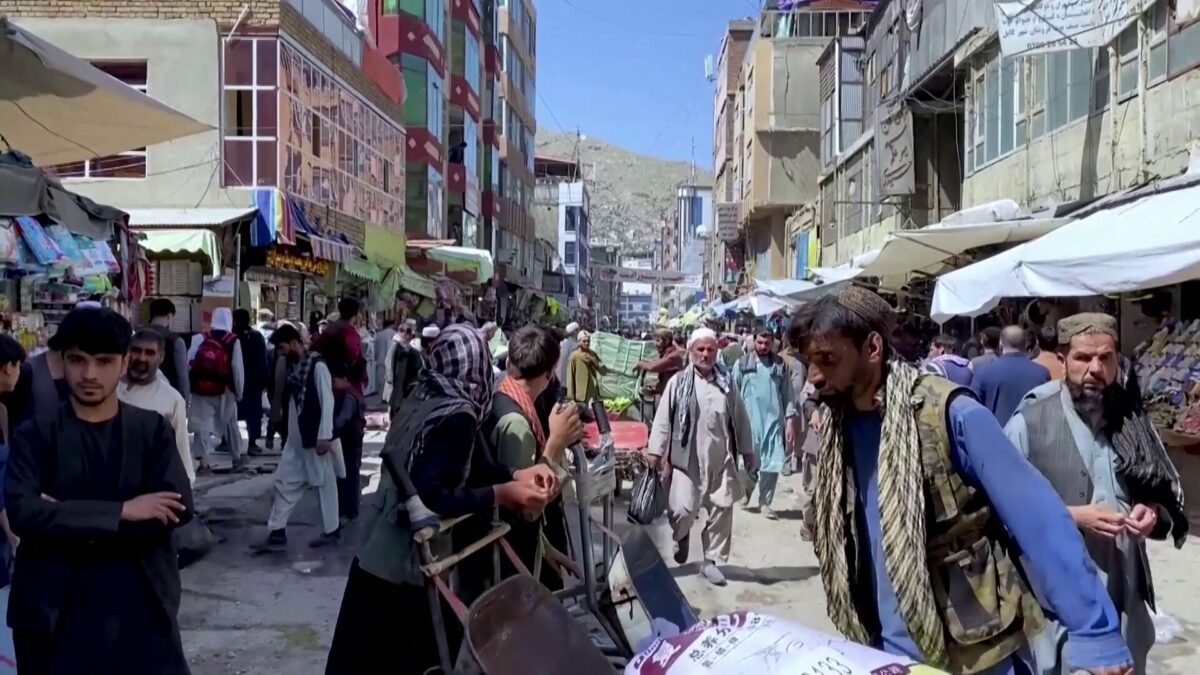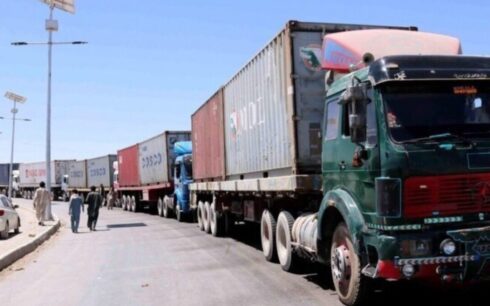Afghanistan’s economy continued to struggle in 2024, with the United Nations reporting slow growth and widespread food insecurity. By December, data showed that three out of four Afghans lacked reliable access to food, with 75 percent of households resorting to borrowing money to meet basic needs.
Poverty and unemployment surged to alarming levels during the year. According to the World Bank and the United Nations Development Programme, monetary poverty has risen sharply over the past three years: 2022: 55%, 2023: 58% and 2024: 85%.
The UN highlighted the dire choices many families face, often deciding between food and heat for their children during harsh winters.
Khan Mohammad, a resident of Farah, expressed his desperation: “Work is so scarce that young people get one day of work in 20. What are we supposed to do? If this continues, I’ll steal or kill just to feed my children.”
Women hit hardest
The Taliban’s policies banning women from the workforce have dealt a severe blow to the economy. The United Nations estimates that excluding women has cost Afghanistan between $600 million and $1 billion annually, compounding the country’s economic fragility.
“My children are small, and I am their only provider. I have no house, no food, and no water,” Somaya, a widow in Ghor, shared her struggles.
Somaya’s plight is one of many in Afghanistan, where 23 million people require urgent assistance. The United Nations predicts unemployment will remain high in 2025, placing Afghanistan among the countries with the highest jobless rates globally, alongside Yemen and Somalia.
Shift to mining revenues
With development funding drastically reduced since the Taliban regained power in 2021, the regime has turned to mining contracts to generate revenue. In 2024, the Ministry of Mines and Petroleum reported agreements for 10 major projects across eight provinces.
Key projects included gold mines in Baghlan and Takhar, coal and iron in Herat, and cement plants in Logar and Jawzjan. Private companies pledged nearly $900 million in investments, with Chinese firms leading the way.
Last week, the Taliban awarded a contract for the Altamur cement plant in Logar to a company with significant Chinese ownership. Hedayatullah Badri, the Taliban’s mining minister, highlighted the investment. “Today, we signed another major project in Logar’s Altamur area—a cement plant with $145 million in investments from SACO Afghan,” he said.
Despite these efforts, Afghanistan’s economic outlook remains bleak. Development projects that once created short-term jobs have largely vanished, and the Taliban continue to keep budget details opaque.
The United Nations has warned that restrictive policies, particularly those targeting women, will hinder economic recovery. The agency described Afghanistan’s economic prospects for 2025 as deeply concerning, with no clear signs of improvement.





